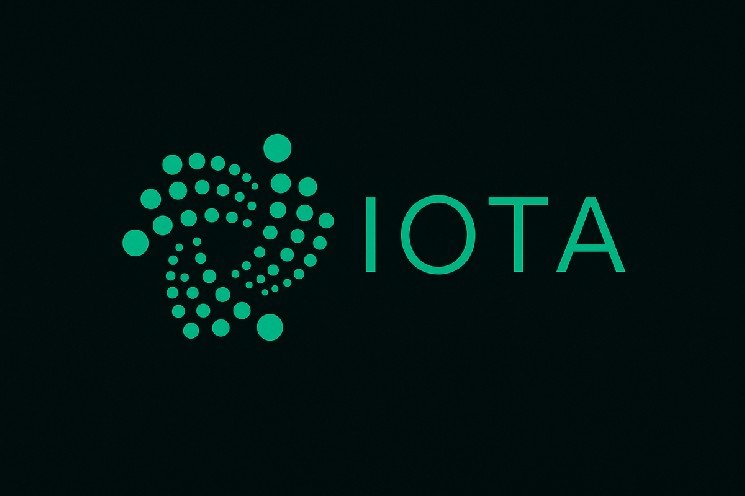All news is rigorously fact-checked and reviewed by leading blockchain experts and experienced industry insiders.
- IOTA supported Asia’s move to risk-based cryptocurrency rules, but cautioned against strict wallet regulations.
- Instead of a broad token ban, the foundation promoted privacy tools, smarter oversight, and tiered access.
Regulators across Asia are drafting updated crypto policies aimed at supporting innovation while addressing risks. The IOTA Foundation welcomes these efforts and advocates for privacy-respecting compliance and a balanced legal framework across multiple regions.
In June 2025, Hong Kong introduced a licensing regime for fiat-referenced stablecoins through the Stablecoin Issuers Ordinance and issued AML/CFT guidelines. The proposal included counterparty validation for all wallet-to-wallet transfers, including self-hosted wallets, to support financial traceability.
IOTA supported Hong Kong’s goal of clearer rules, but expressed concerns about applying full travel rules to self-hosted wallets. Instead, we proposed a tokenized KYC proof model with verifiable credentials. This approach enables compliance checks without exposing personal data and supports privacy and regulatory goals through blockchain analytics and interoperable tools.
IOTA calls for balanced cryptocurrency regulation across Asia
In July 2025, Thailand’s SEC proposed to end the total ban on conflict of interest (COI) tokens. The draft regulations allow people to trade these tokens under strict rules. The rules require clear transparency, open disclosure of any links, and strict oversight to prevent abuse and hidden conflicts.
IOTA agreed with this decision, stating that utility tokens like COI can help users by reducing expenses or providing access to certain features. IOTA stressed that clear oversight and transparency will protect users better than strict bans, while also allowing exchanges to compete fairly with global platforms.
In August 2025, the Securities Commission Malaysia proposed major updates to the Digital Asset Exchange Regulations. Under the new plan, exchanges will be allowed to list tokens without prior approval, but will have to meet stricter operating standards. Proposed changes include higher capital requirements, stricter rules for shareholders, and limits on high-risk digital assets.
IOTA supported the aims of the reform, but expressed concerns about the utility and broad restrictions on new tokens. The group called for stronger post-sale oversight, clearer rules for stablecoins, and a tiered capital system. He said oversight should follow a risk-based approach and warned that arbitrary transaction history requirements could slow innovation.
South Korea plans to extend venture business benefits to companies that handle virtual assets. The goal is to support innovation in digital finance. IOTA welcomes this plan. The foundation said it will help crypto companies gain legal status, attract investment and advance the use of blockchain in areas such as artificial intelligence, DeFi and supply chain.
The IOTA Foundation said in a blog:
As Asia’s regulatory landscape evolves, the IOTA Foundation will support open and interoperable privacy protection solutions that combine innovation and compliance to help build a trusted and innovative digital asset market.


